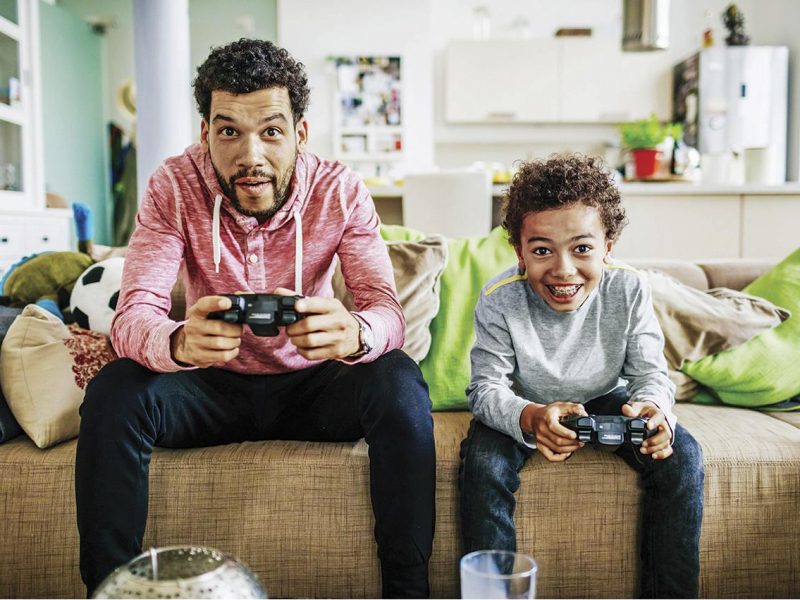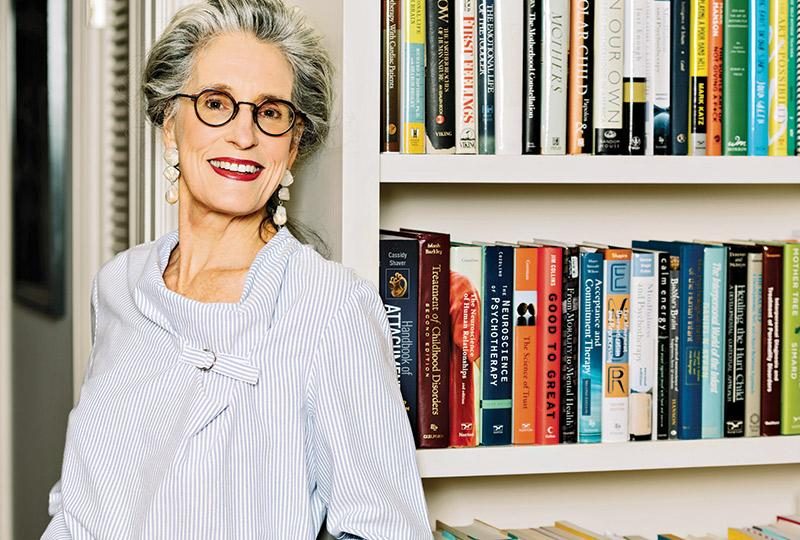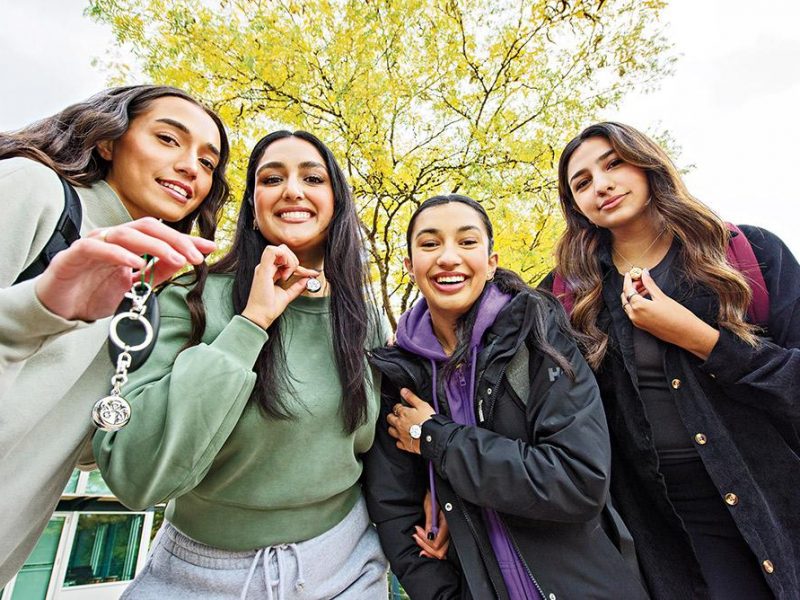What Not To Say
As an adoptive parent, I some times hear some pretty insensitive things. It’s not that people are intending to be rude (not usually, anyway). It’s just that they haven’t really thought through what it might be like to be in an adoptive family. So, here are a few tips you might follow the next time you’re talking with me, or with any adoptive parent:
1) Don’t refer to my birth kid as my “real” child or as opposed to my adoptive children, or in any way imply that my adoptive kids are not my “real” children. Not only are they just as much my real children in every legal sense, they’re just as much my real children in my love and in my care. I don’t distinguish between them in this way, not even a little, and it’s rude to imply that they’re somehow less “real” than their sibling.
Especially don’t do this in front of my kids. Adoptive children already struggle enough with developing a sense of belonging and self-esteem. Don’t make it any harder on them. In fact, if you talk like this in front of them, be prepared for me to respond aggressively. They’re feelings are far more important to me than yours, and I won’t hesitate to rebuke you in order to show them that I’m sticking up for them. Be warned.
2) Don’t ask me whether I love my adoptive children and my birth child differently, or ask how I can possibly love them the same. For one thing, it’s never possible to love two people “the same”, because different people need love shown to them differently. More importantly, I love them all as much as it’s possible to love another person. Just because some of my kids have someone else’s DNA rather than mine doesn’t make them even one bit less precious to me.
And again, if you ask these kinds of questions in front of my kids, where they can hear you implying that they’re somehow harder to love than a birth kid, I will not hesitate to correct you, forcefully. I won’t put up with you damaging their self-worth, not ever.
3) Don’t ask me why I couldn’t adopt kids who “look like me”. As it happens, my wife has African heritage, which is one of the reasons that Children and Family Services placed children with us who also have African heritage, but there are several reasons that children might be placed in multi-racial families. In an ideal world it would be great if all adoptive kids could be placed in families where they had cultural connection, but it’s not always possible. There aren’t always culturally similar families available.
To say that I can’t or shouldn’t love kids who look different from me is not only untrue in every way, it also, quite frankly, makes the racist assumption that people can’t or shouldn’t love across racial and cultural differences. Adoptive kids already struggle to feel that they belong. Don’t make it any harder for them.
4) Don’t ask me whether I adopted because I couldn’t have birth kids. As it happens, my wife and I were both perfectly fertile. Our first child was a birth child. In fact, there are a while variety of reasons why people adopt – some are older couples whose first families are grown; some are single parents; some are gay or lesbian couples; some are choosing not to add to the world’s over-population; some are kin who are adopting a child they already know; some are opting to meet a need they feel passionate about; and yes, some are infertile.
These are all perfectly valid reasons to chose a wonderful way to build a family, so don’t imply that adoption is somehow an inferior choice, something that people would only do if they “couldn’t have their own kids.”
5) Do, absolutely, in every way, treat my kids, whether born or adopted into my family, with the same respect and kindness as you would treat your own. Being adopted is not a disease, or a failure, or a defect. It doesn’t make a child less worthy of love. Whatever you say and do to them, make sure you never give them cause to doubt that.
Luke Hill has been the parent of birth kids, adoptive kids, foster kids, and just-need-a-place-to-stay kids for fourteen years. He’s had experience with kids in homeschool, public schools, and alternative schools. He’s been a teacher, a camp counsellor, and a coach. He’s also taught parenting courses for Children’s Aid for almost a decade. When he isn’t working with kids, he’s a writer, a publisher, and the director of a non-profit organization that supports book culture.






